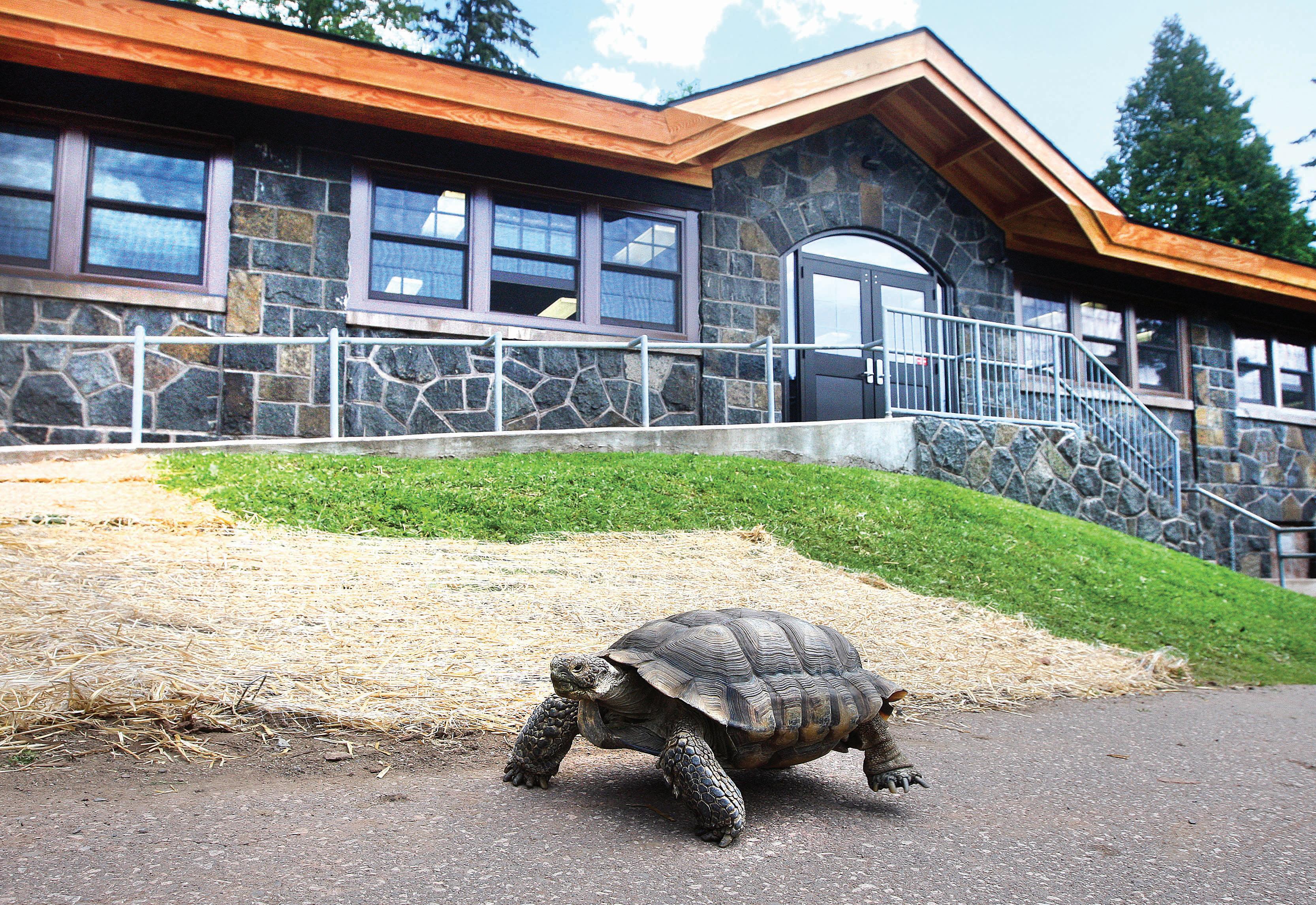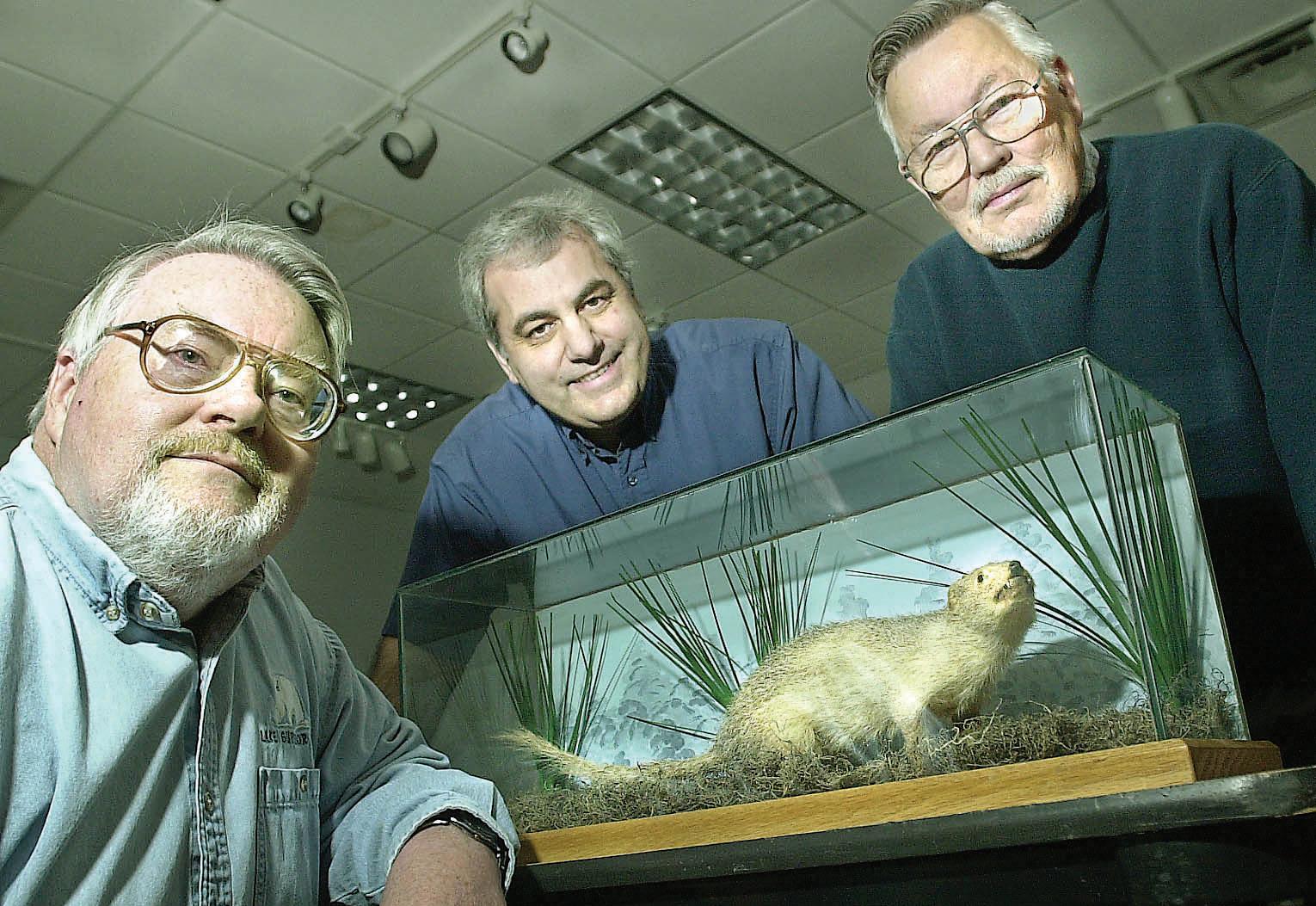
1 minute read
Fairmount
By John Lundy jlundy@duluthnews.com
The sounds that Fairmount neighborhood residents hear at night could include the roaring of lions.
The small West Duluth neighborhood probably is best known as the home of the Lake Superior Zoo — although Fairmount also boasts quiet neighborhoods and hiking, biking and snowmobiling along Kingsbury Creek.
The zoo, founded as the Fairmount Park Zoo in 1923, currently includes military macaws, flying geckos, African lions, snow leopards, laughing kookaburras, prehensile-tailed skinks, shetland sheep, prairie dogs and spectacled owls — among many others — as residents. (See the entire list at its website, lszooduluth.org.)
On rare occasions, an animal or two has wandered beyond zoo boundaries.
In 1950, a 400-pound horned wild sheep went on the loose, according to “Boomtown Landmarks,” a book edited by Laurie Hertzel in 1993. A 14-yearold boy captured the sheep with a flying tackle and probably instantly would have been signed by the Minnesota Vikings if they had existed at the time. A wallaby escaped in 1989 and a second wallaby in 1990, Hertzel reported. Both were struck and killed by cars.
In “Duluth’s Historic Parks,” Nancy S. Nelson and Tony Dierckins tell about Bessie the Asian elephant, which arrived at the zoo in 1929 and left, frequently, of her own accord. In July 1941 she pushed over a portion of the fencing surrounding her enclosure and “roamed about the west end of the city for several hours.”
Famously, Feisty and Vivian the seals and a polar bear named Berlin escaped from their enclosures during the flood of June 20, 2012. Only Feisty made it out of the zoo, being discovered by passers-by on Grand Avenue. All three were moved to other places in the flood’s wake.
One zoo critter escaped in a different sense. A mongoose named Mr. Magoo was donated to the zoo by a foreign sailor in 1962, according to “Boomtown

Landmarks.” It turned out, though, that mongooses weren’t allowed in the United States and the U.S. Fish and Wildlife Service wanted it destroyed. A grass-roots protest was stirred up, and eventually Secretary of the Interior Stewart Udall commuted the death sentence, channeling Dr. Suess in a telegram to Duluth officials: “There can be no threat of an excess of mongooses being loosed in Duluth as long as Magoo is not two.”
A fan of warm tea with sugar, vegetables and meat, Mr. Magoo died of natural causes in 1968.















